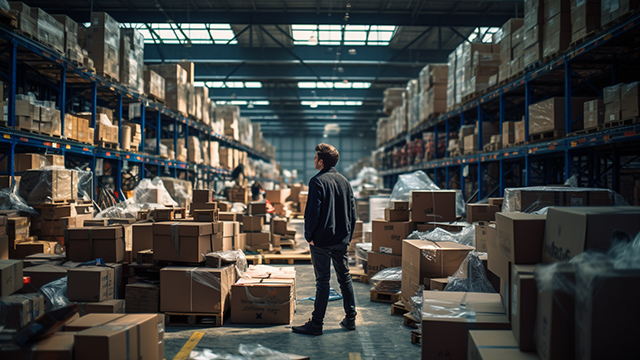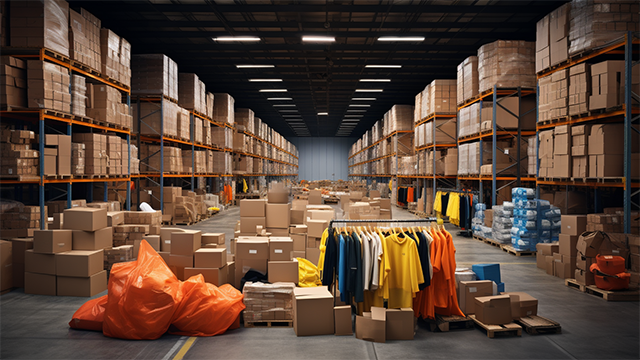Why It’s Time to Retire Manual Warehouse Processes
Demands are for faster, error-free fulfillment. Show your clients how to stay ahead of the competition.
BlueStar's diverse portfolio offers unparalleled access to premium products and services that drive business growth and success. From state-of-the-art hardware to advanced software solutions, our portfolio is designed to empower businesses with the tools they need to thrive in today's competitive landscape.
Our vertical-based content focuses on different industry technologies, solutions, and insights.
A true VAD offers top-notch pick, pack and ship services, and provides programs and services that add value to the distributed products that increase their value or worth.
The BlueStar DifferenceThe industry is facing unprecedented challenges. Blockchain can help meet them.
Global logistics is a difficult task under perfect circumstances. So many things could go wrong – weather events like typhoons and hurricanes, busy sea lanes, complex import-export regulations, and more – all while meeting strict timetables. Then the COVID-19 lockdowns of 2020 made everything even more difficult. As a result, the cost of transported goods skyrocketed. The World Container Index, a reputed research, advisory and consulting service that tracks the average cost of shipping a 40-foot container over eight different sea lanes, reported a 360 percent increase in 2021.
The industry has taken measures to bring operations back and control costs. Furthermore, the challenges of the early 2020s have convinced logistics, warehouses, and other supply chain partners that legacy paper-based processes and limited visibility are not sustainable ways to operate.
Technology solutions providers (TSPs) will find that supply chain businesses are primed for a better solution, such as blockchain for logistics and smart warehouses.
The Benefits of Blockchain for Logistics and Smart Warehouses
Blockchain offers a secure, immutable record that has many advantages. Solutions leveraging blockchain for logistics provide your clients with the following:
Don’t Be Left Behind
Leveraging blockchain for logistics and smart warehouses can solve some of the industry’s most pressing problems. Develop resources on your team with blockchain expertise and educate your clients and prospects on the benefits of an immutable track-and-trace system.
TSPs working in the supply chain and logistics space that successfully implement these solutions can position their businesses for the greatest success.

Demands are for faster, error-free fulfillment. Show your clients how to stay ahead of the competition.

RFID is a familiar technology, but TSPs are finding innovative ways to use this technology to solve their clients’ pain points and provide value.

See why planning and implementing effective reverse logistics solutions has never been more crucial for your clients and how to build a solution with...
